A high-level forum was held on Tuesday in Bujumbura, Burundi’s economic capital, bringing together researchers, politicians, and international representatives to discuss the lasting impact of colonial rule and the ongoing pursuit of justice. Organized by the Senate of Burundi, the conference focused on atrocities committed during German and Belgian colonial rule, including the loss of sovereignty, mass killings, economic exploitation, and cultural destruction.
Researchers presented findings that shed light on the scale of colonial abuses. According to their reports, more than 10,000 Burundians were killed, over 1,000 cows and 2,000 goats were seized, and thousands of homes were burned. Colonial powers dismantled the Burundian monarchy, stripped the King of his authority, and imposed a system that divided Burundians along ethnic lines. The findings also highlighted forced labor, sexual violence, and the destruction of Burundi’s traditional judicial system.
Former President Sylvestre Ntibantunganya called for a structured and coordinated approach to historical justice, urging the Truth and Reconciliation Commission (CVR) to expedite its work. “The CVR has been working for over a decade, while similar commissions in other countries have taken no more than three years. Burundi needs a comprehensive, research-based approach that involves collaboration with German and Belgian universities,” he stated. He emphasized the need for a methodical examination of Burundi’s past—one that moves beyond emotional narratives and fosters a collective understanding among Burundians, Germans, and Belgians.
Senate President Emmanuel Sinzohagera underscored that reconciliation is impossible without acknowledging history. He praised Burundians for their growing awareness of their national identity and urged the government to integrate the research findings into school curricula. “Educating future generations about our past is essential for fostering national unity,” he added.
The conference produced several key recommendations for different stakeholders. Researchers urged the Catholic Church to recognize the role early missionaries played in fostering ethnic divisions and dismantling Burundi’s indigenous religion and political structures. The Church was called upon to release colonial archives held at the Vatican and to support initiatives aimed at deconstructing the ethnic divisions imposed during colonial rule.
The governments of Germany and Belgium were urged to establish joint commissions with Burundi to fully examine the colonial era and provide an accurate death toll of Burundians who perished under colonial oppression. Researchers also called for reparations, including financial compensation for lives lost, stolen livestock, and destroyed villages. Other proposed reparations included funding the construction of schools and hospitals in regions most affected by colonial exploitation and financing the rewriting of Burundi’s history to ensure an accurate and comprehensive account.
Belgian authorities were specifically asked to revisit the cases of colonial-era resistance leaders who were executed or imprisoned, including figures from the Runyota and Inamujandi movements, as well as Prince Louis Rwagasore, a key leader in Burundi’s struggle for independence. Additionally, Germany and Belgium were urged to incorporate colonial history into their national education systems.
The German Ambassador to Burundi acknowledged Germany’s historical responsibility, confirming that the country is collaborating with the Burundian government to restore historical sites and facilitate the return of Burundian artifacts held in German museums.
Professor Léonidas Ndayizeye from the University of Burundi highlighted the socio-economic effects of colonialism, particularly the divide-and-rule strategy implemented by the Belgians, which deepened ethnic divisions that continue to shape Burundi’s political landscape today. He warned that post-colonial governments inherited exclusionary governance models, fueling ongoing tensions and instability.
Beyond reparations, researchers and policymakers stressed the need for national renewal. They urged the Burundian government to implement structural reforms to address inequalities rooted in colonial exploitation, including promoting good governance, meritocracy, and civic education to counter the lingering effects of colonial ethnic stratification. They also proposed the construction of memorials to honor victims of colonial crimes.
The United Nations was called upon to acknowledge its failure in effectively overseeing Burundi’s transition from colonial rule and to facilitate the restitution of colonial-era archives currently stored in UN facilities.
As Burundi amplifies its call for historical justice, the conference underscored a growing determination to confront the past—not just for reparations, but to lay the foundation for a more unified and resilient nation.

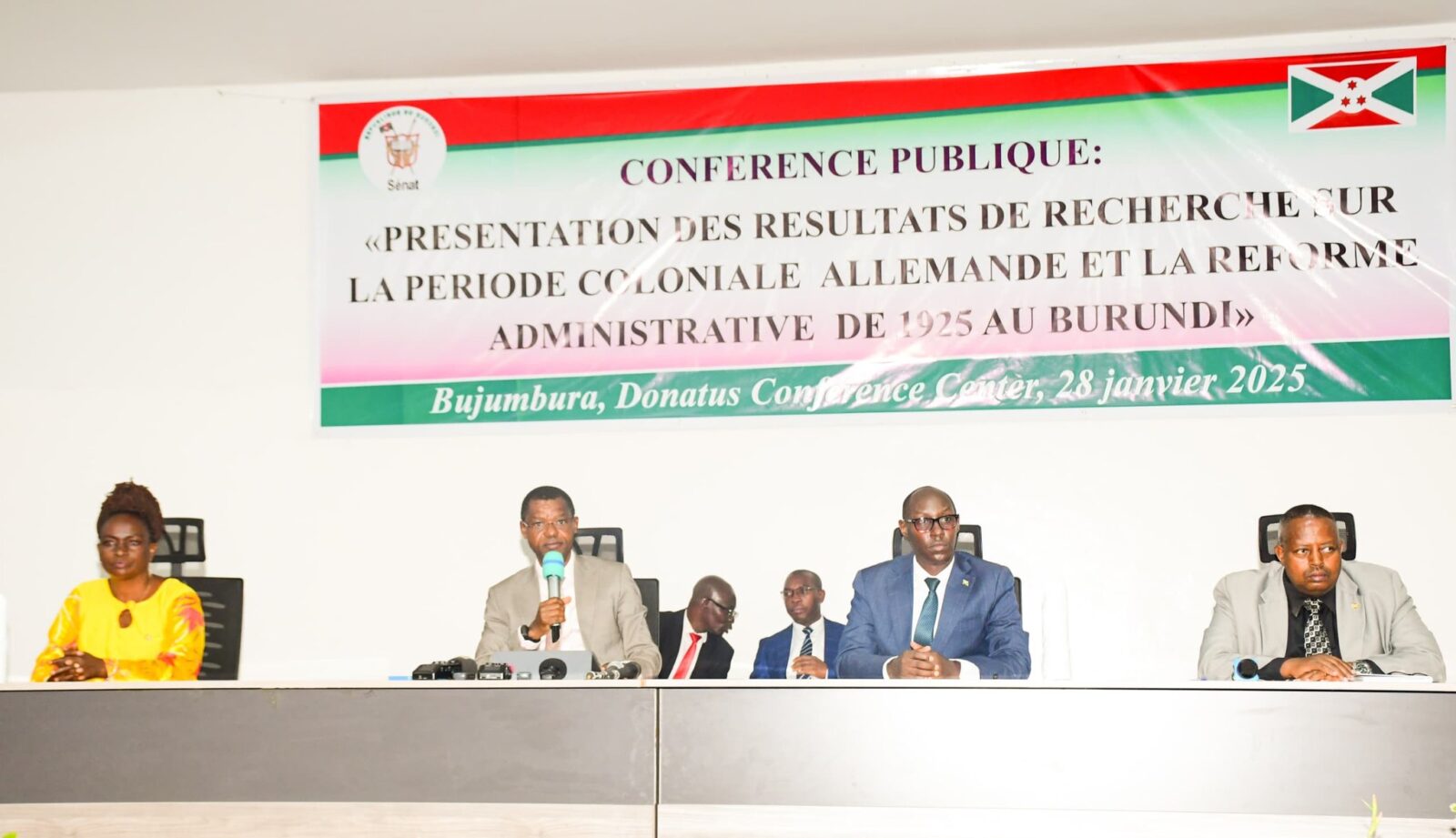


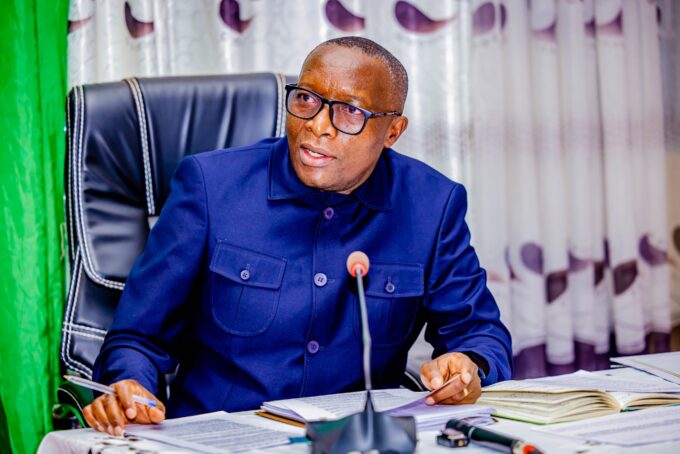
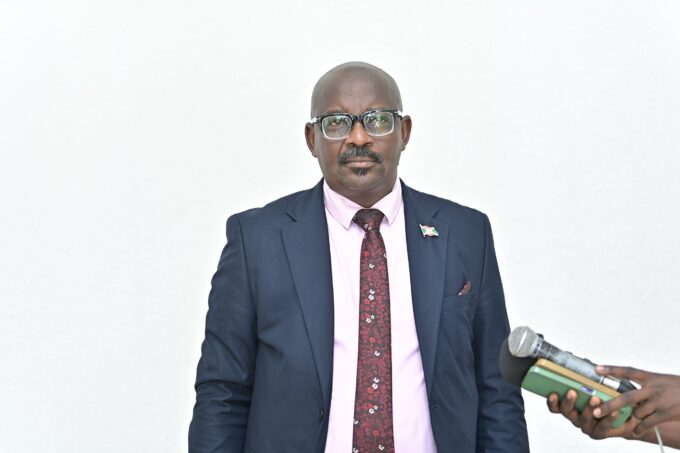
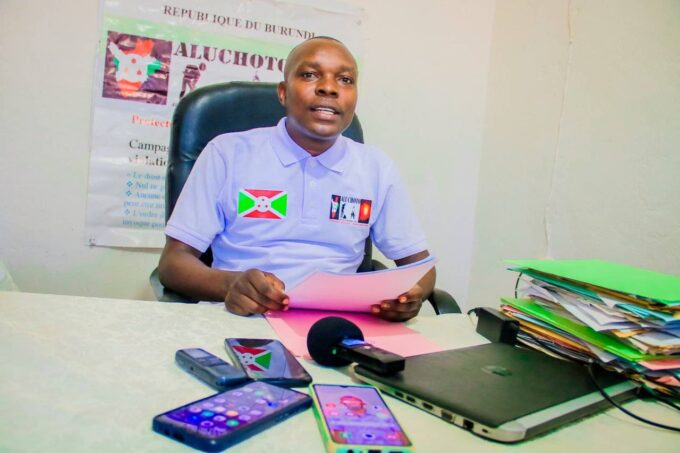
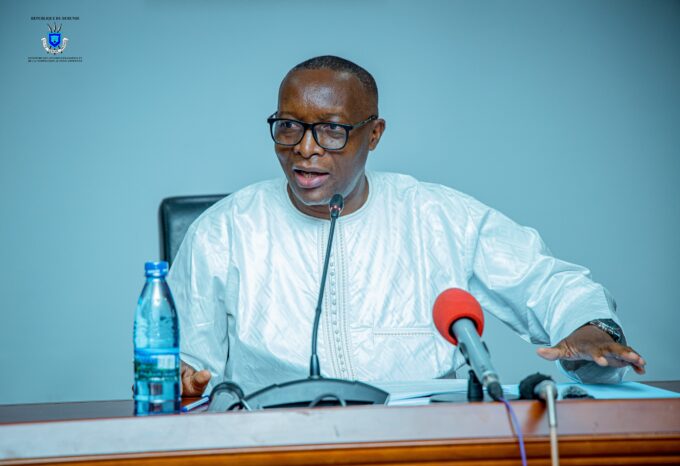
Leave a comment